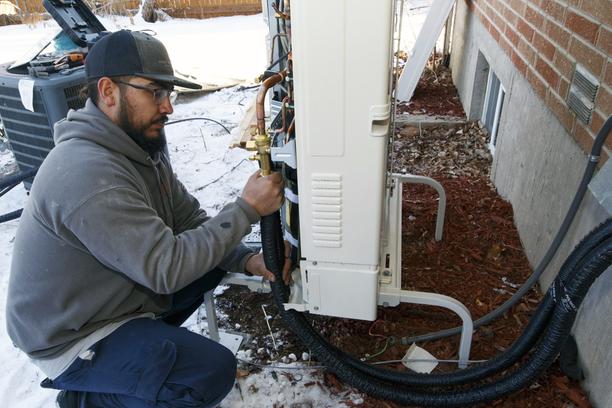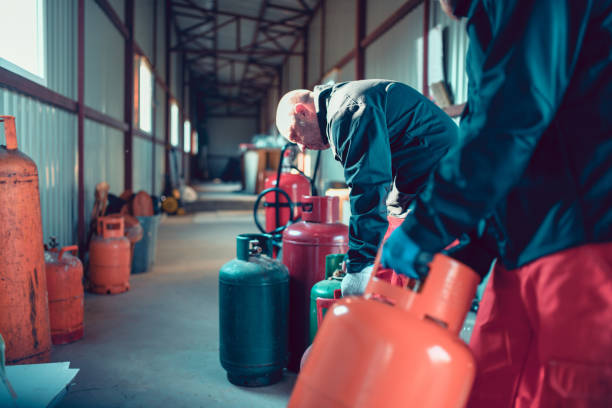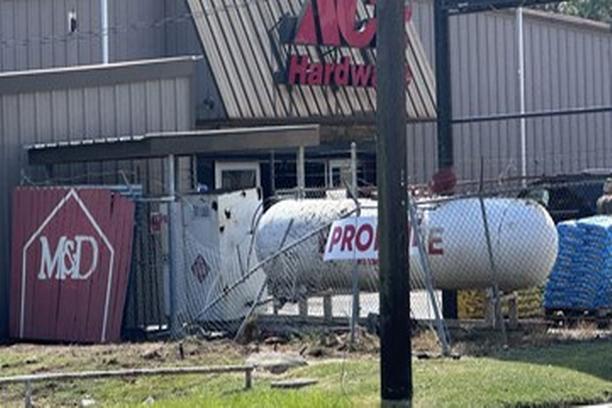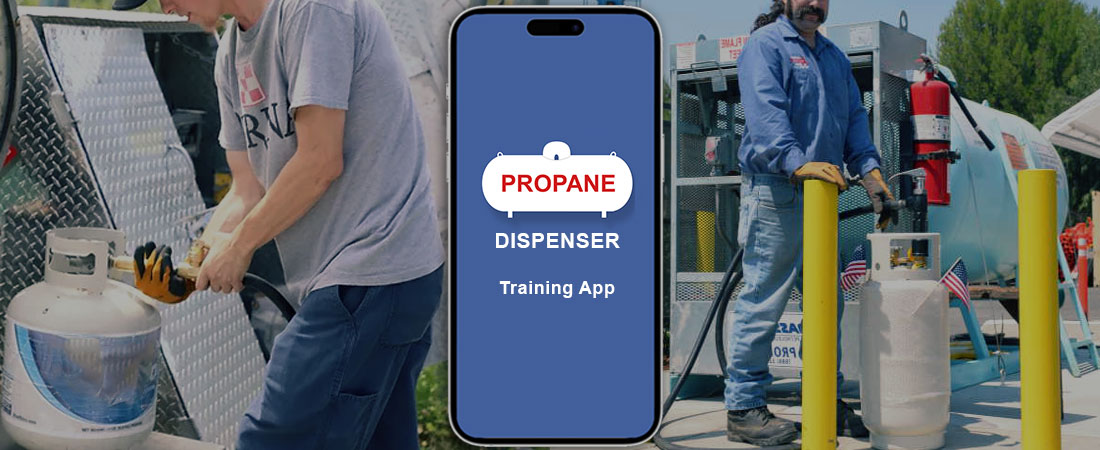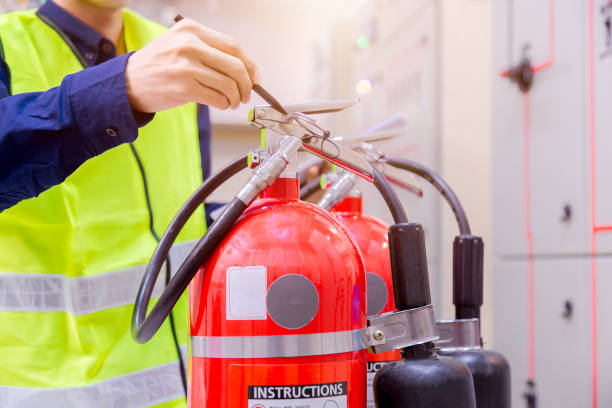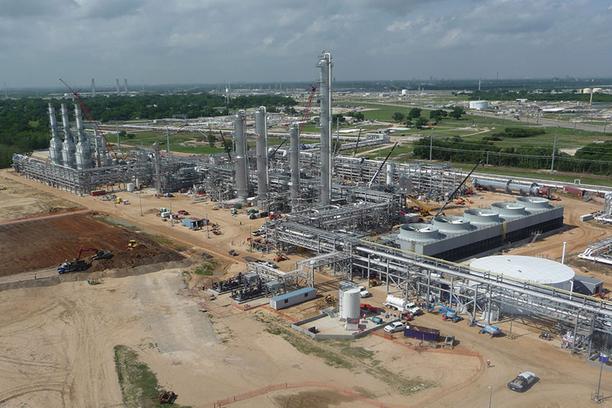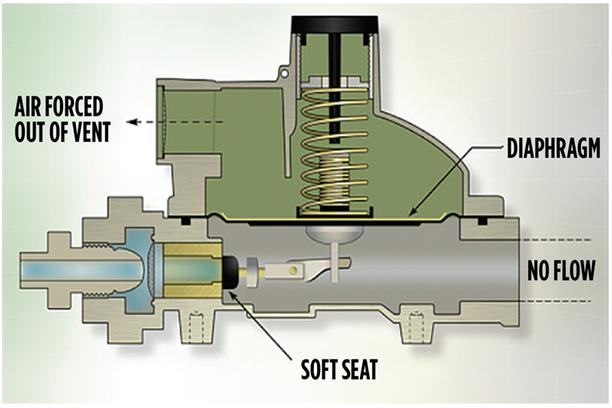Empowering Your Propane Business through Employee Development
In the ever-evolving scope of the propane industry, the aspirations of your employees have undergone a significant transformation. The challenges brought forth by recent times have compelled us to reevaluate our approach to work and life. Today, your employees are not just seeking jobs; they are in pursuit of opportunities that allow them to forge… Continue reading Empowering Your Propane Business through Employee Development
In the ever-evolving scope of the propane industry, the aspirations of your employees have undergone a significant transformation. The challenges brought forth by recent times have compelled us to reevaluate our approach to work and life. Today, your employees are not just seeking jobs; they are in pursuit of opportunities that allow them to forge deeper connections, align with your company’s broader vision, maintain autonomy, and acquire new skills while nurturing their passions.
To keep your business competitive and thriving, it’s important to recognize the immense value of continuous learning and the untapped potential inherent in stretch assignments. Guiding your employees through projects that push their knowledge and expertise boundaries can be a game-changer. By creating avenues for upskilling and stretch projects, you can ensure that your employees find fulfillment in their careers, which, in turn, drives the long-term success of your organization.
Recent Gallup survey results indicate that 65% of U.S. workers consider employer-provided upskilling to be a vital factor when evaluating potential job opportunities. Furthermore, 57% express a desire to update their skills in their current roles. Equally revealing, a study featured in the Harvard Business Review discovered that 71% of executives attribute their untapped potential to their participation in stretch projects.
Clearly, the desire for development runs deep among employees. But what do upskilling and stretch projects entail, and how can they benefit your propane business?
Developing Employee Skills
Upskilling entails strengthening existing skills and acquiring complementary ones, while stretch assignments aim to take individuals out of their comfort zones to develop skills and knowledge beyond their current roles. While these concepts may seem logical, many organizations face challenges in implementing them due to constraints like short-term strategic focuses, limited time, awareness, or budgetary constraints.
Often, organizations allocate resources primarily to new employees and maintaining industry-required certifications. Meanwhile, the passions and developmental needs of existing employees are unintentionally overlooked. This raises a critical question: Why are these strategies so essential?
Human beings are lifelong learners by nature, driven by an innate curiosity. Consider a child exploring the world, their insatiable curiosity driving them to explore new shapes, textures, and experiences. This curiosity persists throughout life, constantly seeking new ways to enhance efficiency. Learning isn’t something employees leave behind when they enter the workplace; it’s ingrained in them. Therefore, offering opportunities for employees to continue learning new skills and broadening their horizons signifies their value to your organization and their role in shaping its future.
Learning also fosters connections within teams and fuels employee engagement. Research underscores the link between engagement and learning, resulting in stronger teams, heightened job satisfaction, and the cultivation of future organizational leaders.
Creating an environment and programs that support upskilling and stretch projects may appear daunting. Questions such as “Where do we begin?” or “Which skills are of utmost importance to cultivate?” or “How can we possibly accommodate stretch projects for every individual in the organization?” may arise. However, taking a step back and starting with the basics can set the stage for success.
Building a Comprehensive Growth Plan
Understanding your employees’ interests is the starting point. Engaging in meaningful conversations with them allows you to identify knowledge or experience gaps, areas of curiosity, long-term career goals, and potential avenues for greater impact.
For larger groups, efficient surveys can provide valuable insights into collective needs and trends. However, the power lies in asking employees about their aspirations and developmental needs. Organizations often make assumptions about employees’ needs, leading to training initiatives that miss the mark. Purposeful conversations, whether one-on-one or through surveys, yield short-term and long-term benefits.
Once you’ve identified employee interests and developmental needs, you can construct upskilling growth plans. These plans should encompass a variety of training methods, including in-person and virtual instructor-led training, learning management system courses, mentoring sessions, self-guided learning, stretch projects, and certifications through accredited continuing education programs. Incremental goals within these growth plans allow employees to celebrate successes while charting their course toward the future.
Stretch projects can be integrated into these growth plans or pursued as standalone initiatives. Encourage employees to position themselves for stretch projects by expanding their networks and expressing interest in areas beyond their primary responsibilities. As a leader, identify high-potential employees within your propane business and involve them in ongoing projects to maximize their impact.
For both leaders and employees, initiating conversations marks the first step in realizing the true potential of upskilling and stretch projects. These initiatives offer numerous benefits, from retaining top talent and nurturing an engaged workforce to enhancing productivity through the effective application of skills and knowledge. In today’s dynamic business environment, investing in upskilling and stretch projects is not a luxury but a strategic necessity for propane businesses and their employees.
You have the power to create an exceptional employee experience, and offering growth and development opportunities is a vital component of this endeavor. Upskilling your workforce and providing stretch project opportunities foster a culture of learning, connection, and enhanced employee retention. Ultimately, this positively impacts your customers and ensures the financial well-being of your propane business.





